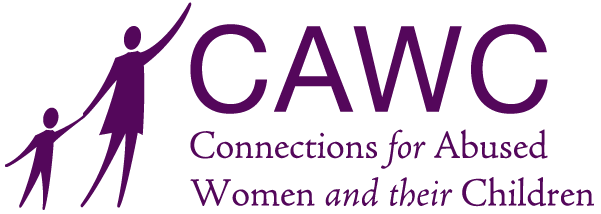Homelessness is a pervasive problem that impacts individuals across all demographics. One frequently overlooked aspect of this issue is the correlation between intimate partner violence and homelessness and the challenges it presents, especially during the winter months. Here’s how housing instability and domestic violence are connected and why there’s an urgent need for targeted interventions during colder seasons.
How Partner Abuse Leads to Homelessness
Domestic violence isn’t just one of the causes of homelessness — it’s the leading cause. Approximately one in four homeless women finds herself without shelter primarily because of partner abuse, and as of 2024, women were still the demographic experiencing intimate partner abuse at the highest rates.
It’s worth noting that gender inequality — itself a major driver of domestic violence — also contributes heavily to homelessness rates in women who don’t experience partner abuse. Overall, women are still more likely to experience financial insecurity than men because of persistent wage gaps, discrimination with regard to promotions and pregnancy leave, single motherhood, and the higher cost of many women’s goods and services, from haircuts to toiletries and clothing.
Key Contributing Factors to Homelessness in Abuse Survivors
Many factors play a role in abuse survivor homelessness, both in general and in the winter:
- • Economic dependency. Many survivors of domestic violence are financially dependent on their abuser, often by the latter’s design. This dependency often traps survivors in abusive relationships, making it difficult for them to seek help or escape. In addition, coping with abuse can lead to poor rental, credit, and employment histories that make it hard for survivors to qualify for rental housing.
- • Affordable housing shortage. The scarcity of affordable housing options means that women fleeing domestic violence frequently find themselves without a safe place to go. The stress of finding housing can further exacerbate their trauma.
- • Domestic violence holiday spikes. Domestic and intimate partner violence rates typically increase during the holiday season for complex reasons, although external factors don’t actually cause partner abuse. This can make it more likely that a survivor will need to flee their abuser during the winter months.
- • Limited support networks and services. Abusers often work to cut off or alienate their partners from their friends and family, weakening or eliminating survivors’ supportive social networks. This can leave women without the option to stay with someone they know. In addition, domestic violence shelters are often at capacity, especially during winter, leaving women with few housing alternatives.
The Unique Challenges Women Face During Winter
Winter poses particular challenges for women experiencing homelessness, including:
- • Health risks. Winter weather can put survivors on the streets at higher risk for health issues, such as hypothermia and frostbite. Those experiencing domestic violence may also have underlying health conditions or trauma that winter conditions can exacerbate.
- • Mental health struggles. The effects of winter isolation combined with the trauma of domestic violence can lead to increased depression and anxiety among women. Seasonal affective disorder is also prevalent in colder months, contributing to feelings of hopelessness and despair.
- • Transportation barriers. Winter weather can also make driving dangerous and cause public transportation to be limited or suspended, making it harder for women to access shelters, support services, or employment opportunities.
How You Can Help
Supporting nonprofits that serve domestic violence survivors is essential to keeping abused women from experiencing a homeless winter. Many of these organizations not only run essential emergency shelters but also provide trauma-informed care to women and their children that helps survivors stabilize, recover, and find a way forward in their lives. Further, domestic violence nonprofits strengthen communities through their education and outreach programs.
Prevent Domestic Violence Survivor Homelessness With CAWC
At Connections for Abused Women and Their Children (CAWC), we believe that everyone has a right to a safe home and a life free from violence. Our mission to end domestic violence in all demographics is rooted in education, service, and advocacy. In addition to working toward broader social change, we provide empowerment-based and trauma-informed support in the form of shelter, counseling, and advocacy for individuals and their children affected by intimate partner violence.
If you or someone you know is actively experiencing the impacts of sexual violence, don’t hesitate to call our 24-hour hotline at 773-278-4566. For nonemergency support, reach out through our contact form today.
Want to help us protect more survivors and children? You can impact the life of a domestic violence survivor or a child who witnessed domestic violence by donating to CAWC today or by supporting our work in other ways.
